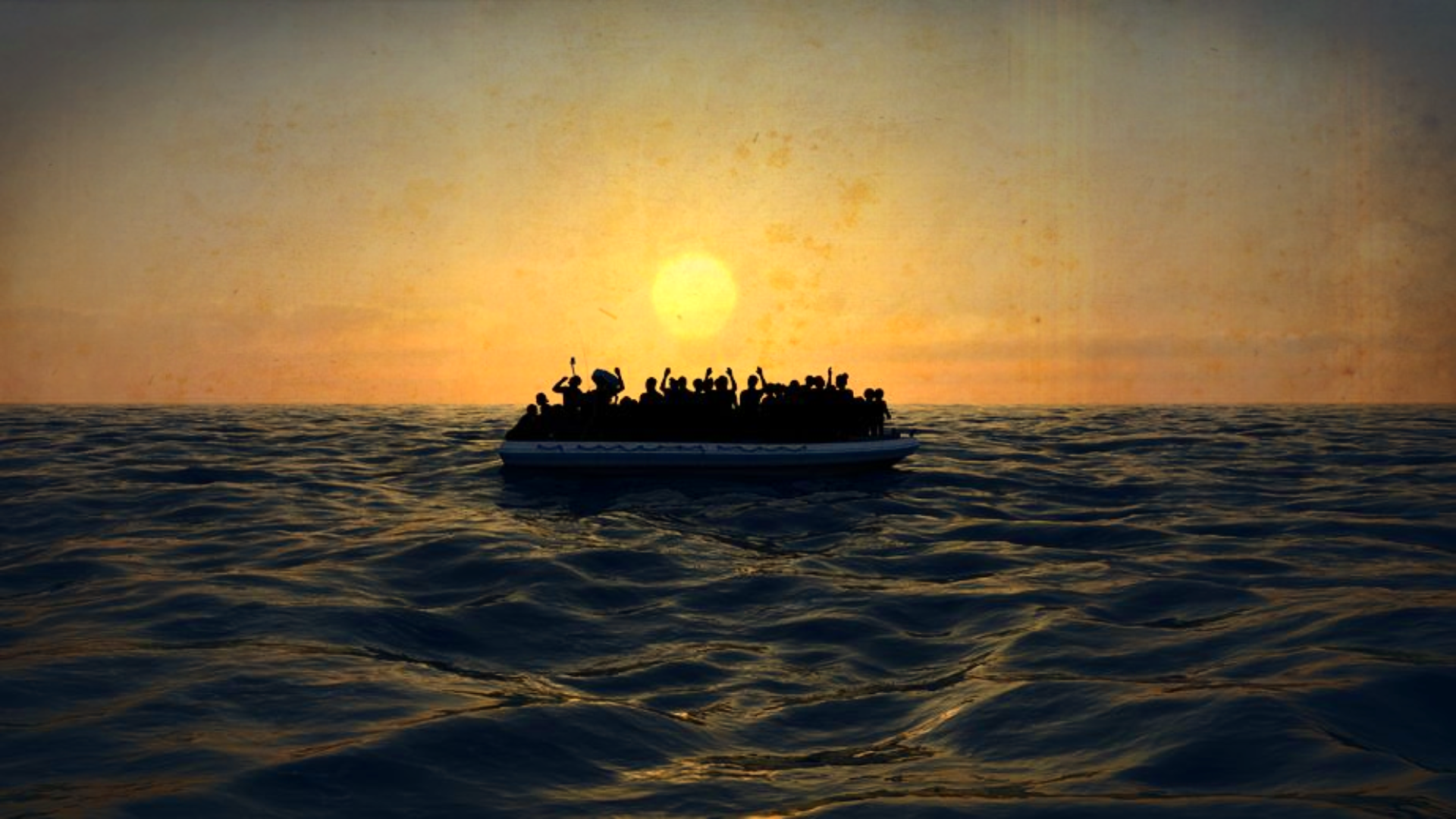Globally, millions are displaced every year by worsening floods, wildfires, heatwaves, and droughts as a result of climate change. In a region where weather is particularly volatile, the Bangladeshi town of Mongla is welcoming refugees.
A river town by the name of Mongla, Bangladesh, is not only welcoming climate refugees with open arms, but is looking to reintegrate them into society – not as second-class citizens.
According to the Intergovernmental Panel on Climate Change, Bangladesh is on course to have 19.9 million refugees internally displaced by 2050, as extreme weather events throughout the south Asia region become more frequent.
Upended by severe flooding, the majority of those resigned to leaving their lives behind head to Dhaka. The capital is billed as one of the fastest growing mega cities in the world, but with the daily droves of migrants seeking refuge there, it is also among the least liveable.
Some 20 million people reside within its slum areas without even the most basic infrastructure, and with little outside intervention (plus western cuts to foreign aid) Dhaka is becoming dangerously overcrowded.
In recent times, however, a glimmer of hope has emerged for the people of Bangladesh courtesy of an adaptable river-side town called Mongla, and a decade long project from leading climate scientists.
Against the grim backdrop of daily struggles, the International Centre for Climate Change (ICCC) has been formulating a plan to alleviate the pressure on Dhaka, by diverting displaced people to smaller urban areas with the capacity to expand.
The thinking behind this ‘transformative adaption,’ is that those who migrate can take up jobs and help sustain a gradual growth of the local economy. More than a dozen towns adjacent to sea and river ports have been identified as having potential for the scheme already.



















